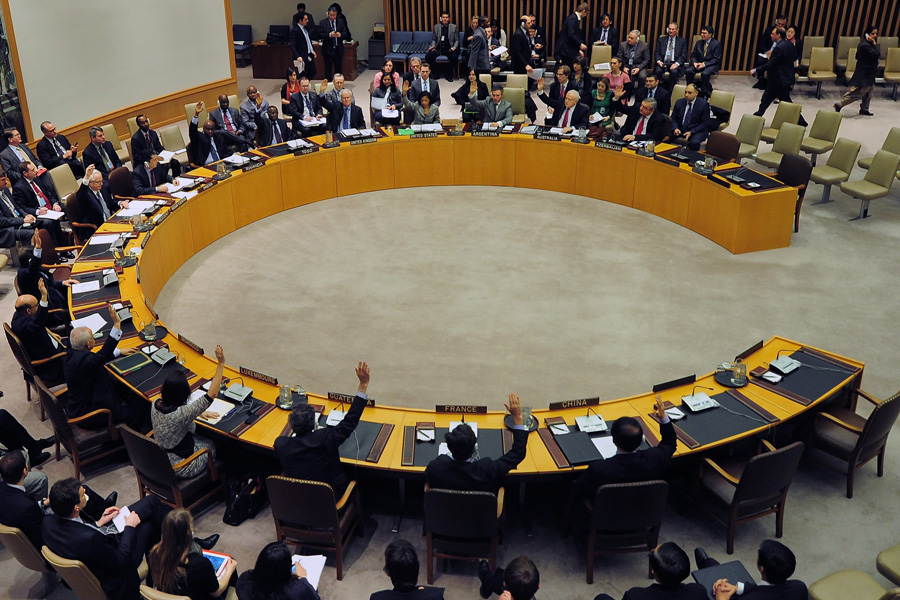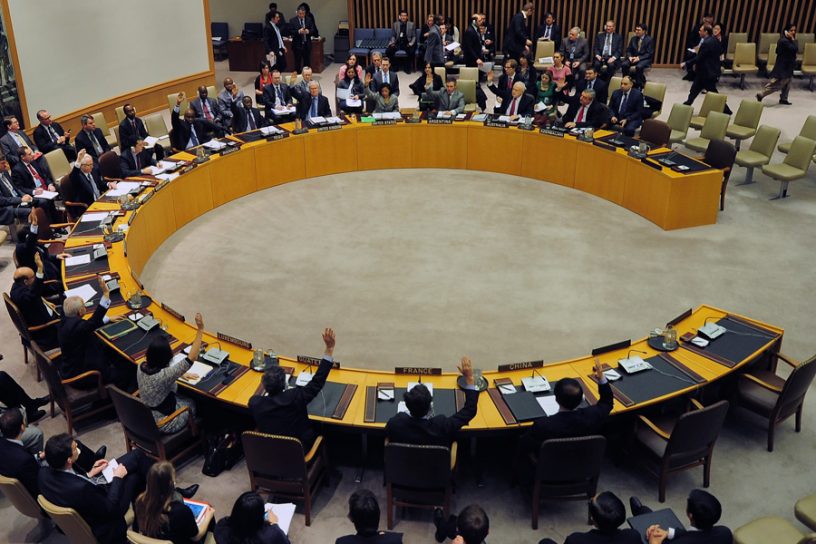
Given the significance of this resolution which seeks to minimise and mitigate the problems of humanitarian actors and donors to respond more quickly and effectively, it has been backed by 50 countries that continue to engage with international organisations like the International Committee of the Red Cross.
Authors
Abhinav Mehrotra, Assistant Professor, Jindal Global Law School, O.P. Jindal Global University, Sonipat, Haryana, India.
Biswanath Gupta, Associate Professor, Jindal Global Law School, O.P. Jindal Global University, Sonipat, Haryana, India.
Summary
The recent Resolution 2664 adopted by the United Nations Security Council (UNSC) on 9 December 2022, under chapter VII of the United Nations Charter that creates mandatory obligations upon the states to abide by the resolutions — unlike any other general resolutions — seeking to minimise and mitigate the problems of humanitarian actors and donors to respond more quickly and effectively, marks an important development.
This resolution has been drafted by the US along with Ireland to safeguard humanitarian activities, especially the abuse and diversion of humanitarian aid for promoting conflict. It aims to bring relief and clarity to the international community, humanitarian assistance providers and critical commercial service providers who are primarily involved in supplying goods and other related services.
Such a resolution holds greater significance as around 50 million people across the world need humanitarian aid and this unprecedented situation takes them on the verge of famine. What needs to be understood is that through this resolution, the sanctions imposed by the UNSC in future would be mandatorily required to comply with key obligations, under International Humanitarian Law (IHL) — especially considering the changing geopolitical dynamics around the world, including the ongoing Russia-Ukraine War and the human rights violations being committed by the Taliban in Afghanistan. The resolution commits to implement such directions in the domestic matters of the state without interfering with Article 2(7) of the UN Charter to strengthen the objective of the UN to maintain international peace and security.
For several years, different international organisations such as the International Committee of the Red Cross (ICRC) whose functions hold considerable importance, have been facing increasing difficulties in carrying out humanitarian actions due to the UNSC sanctions. Given the significance of this resolution, it has been backed by 50 countries that continue to engage with international organisations like the ICRC.
Published in: CNN-News18
To read the full article, please click here.


